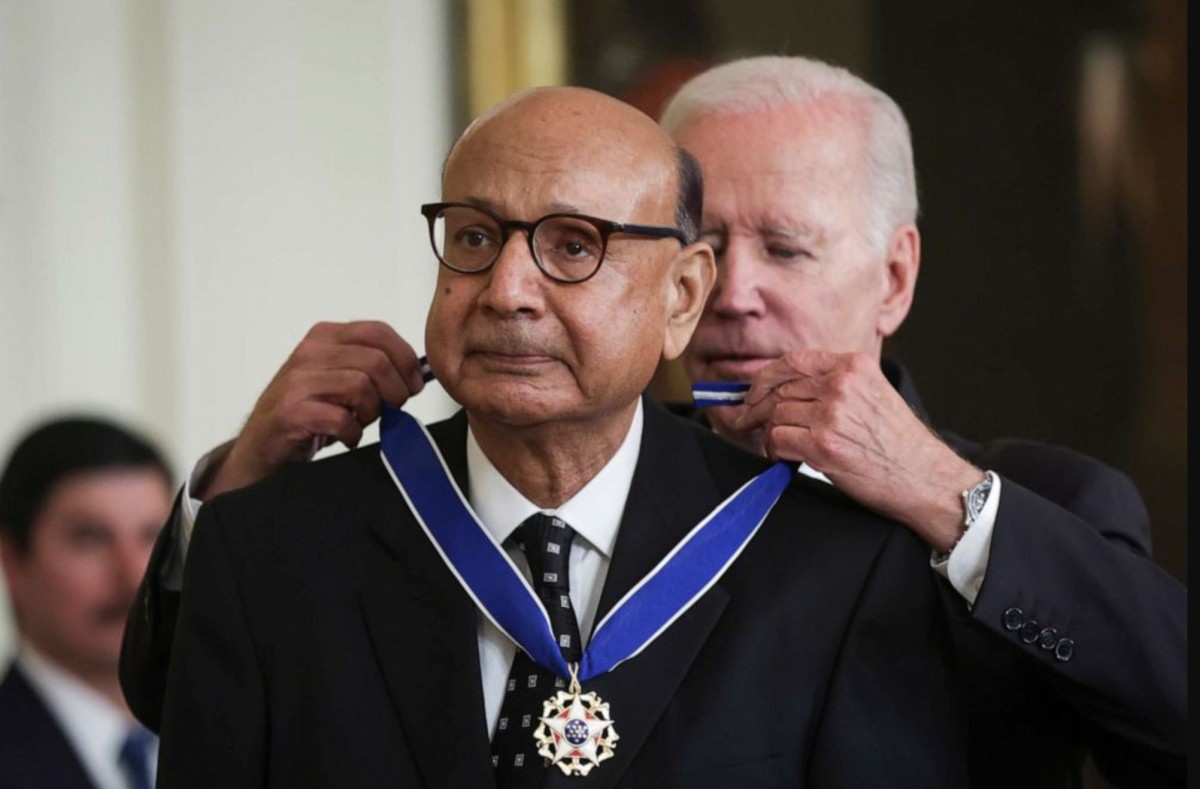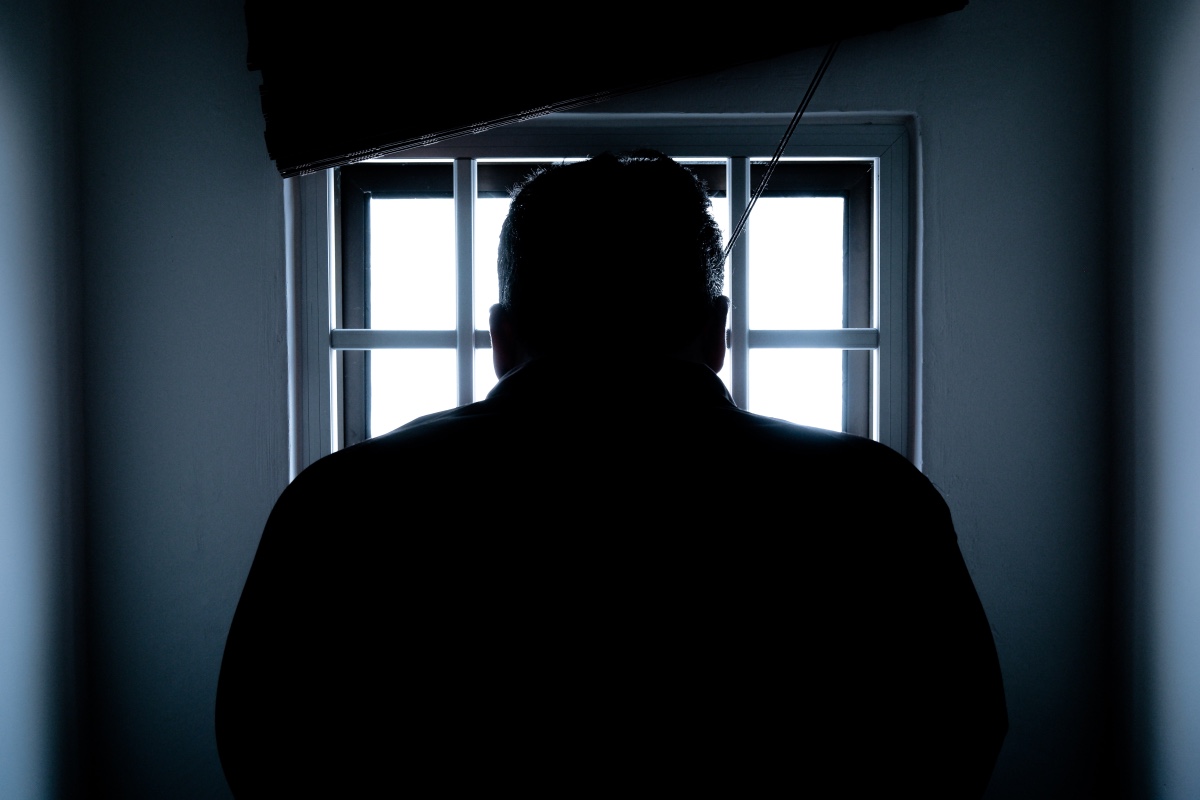India’s “New Approach†Towards Terrorism
By Nilofar Suhrawardy, Muslim Media News Service (MMNS)
New Delhi–Of late, a new importance is being given to differentiating between terrorism and the trend of linking particular communities with it.
Not too long ago, there prevailed the trend of making noise about “Islamic terrorism,†if one Muslim or more were held responsible for terrorist incidents. The need to shatter such a stereotyped approach is marked by the Western media’s laying stress on adoption of a new approach towards terrorism. The alacrity with which India has displayed its preference for supporting this approach bears its own significance.

Within a few days of several Indian Muslims being named as suspects in the failed British bomb plots (June 30), Prime Minister Manmohan Singh said categorically that no particular religion or community should be labeled as terrorist. “It is wrong to label any community or country. We have to look for solutions. If a particular community is targeted, it will create a new set of grievances,†he said (July 5).
Referring to his conversation with his British counterpart Gordon Brown, Singh said that India had offered cooperation in the terror probe. After seeing crying mothers (of arrested Indians), Singh said that he had not been able to sleep. Laying stress on the need to avoid labeling any community/group as terrorists, Singh said: “We should not fix labels like Muslims or non-Muslims. It won’t help us in understanding the situation or dealing with. It is stereotyp[ing] to classify a person,†he said.
Even if any Indian is suspected of terror linkages, all Indians cannot be dubbed as terrorists, he said. “Labeling Indians and Pakistanis as terrorists is avoidable. No hasty conclusions should be drawn on whether the arrested Indians are guilty,†he emphasized. “A terrorist is a terrorist and he has no religion or community,†Singh pointed out. With there being misguided youth in any society, this is not community specific, he said. “As a Sikh, I understand the trauma (of being labeled),†Singh said. He made these comments at a tea-party at his residence with Indian women journalists.
Concerns voiced by India about terrorism cannot be de-linked from its relationship with Pakistan. Ironically, in contrast to both the countries’ earlier practice of blaming each other for terrorism, Indian leaders have begun displaying a change in this practice. During his visit to Srinagar (Jammu and Kashmir), Home Minister Shivraj Patil told reporters (July 2): “We must not blame Pakistan for every wrong thing… increase in infiltration and spurt in violence here.†Regarding increase in infiltration from across the border, Patil said: “We are not in the process of a blame game. We are trying to understand and complement each other.â€
Without doubt, Patil’s comments were not welcomed by all in India, particularly the main opposition, Bharatiya Janta Party (BJP). Losing no time in describing Patil’s comments as an “irresponsible statement,†BJP spokesperson Prakash Javedkar said (July 3): “We condemn Patil’s statement. We are doing so not because he or the Congress party has said so, but because it betrays the ground realities. Every inch of the LoC (Line of Control) is protected. Infiltration is possible only with the support of forces and terrorists are infiltrating from across the border.†“We not only condemn Patil’s attempt to sidestep our stated position, but we demand that the home minister withdraw his remarks,†Javedkar said.
It may be noted, about a week before Patil’s comments, Defense Minister A.K. Antony had said that a rise in infiltration was “a matter of concern.†At the same time, the significance of Patil’s comments cannot be de-linked from what Singh said later in the week about the need to cease labeling any community or country with terrorism. Comments of both were apparently linked with their intention of not letting the progress in Indo-Pak ties be obstructed by blaming Pakistan for terrorist incidents here. Rather, this was their tacit acknowledgement of the hard fact that Pakistan was also a victim of terrorism and it was time for India to adopt a new approach towards the controversial issue. The Indo-Pak talks held the same week followed by a joint statement certainly signaled their having reached the crucial understanding on not letting their ties be hampered by the “blame-game†on terrorism.
The fourth round of Home/Interior Secretary level talks between India and Pakistan, on Terrorism and Drugs Trafficking, as a part of their continuing Composite Dialogue process concluded on a positive note (July 3). With the Indian side led by Home Secretary Madhukar Gupta and Pakistani team headed by Interior Secretary, Syed Kamal Shah, the two sides held “frank and candid discussions†in a “constructive and friendly atmosphere,†according to a joint statement issued at the end. The highlights of the talks included their adopting a common approach towards terrorism, a permanent irritant in their relations. Rather than targeting each other for this menace, together in their statement, they strongly condemned “all acts of terrorism†and “underlined the imperative need for effective and sustained measures against terrorist activities.†“The two sides recognized that terrorists and criminals in either country need to be given swift and effective punishment,†the statement said. The statement is in itself an indicator that the new approach being adopted by India towards terrorism is gradually and definitely being reflected in the progress of its ties with Pakistan!
9-29













2007
3,234 views
views
0
comments